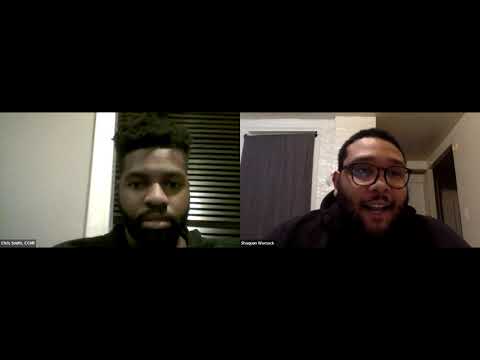
Krueger and Colleagues Expose Censorship in State Senate
Liz Krueger
March 14, 2006
Albany, NY - With “Sunshine Week” as their backdrop, State Senator Liz Krueger and several of her Democratic colleagues today called for an end to the heavy-handed censorship the Republican Majority inflicts on Minority members.
“The Republican Majority not only controls the resources we receive, they control our efforts to communicate with our constituents. They determine what we can say in our newsletters and on our websites, and they often use a double standard when determining what is appropriate,” Krueger said.
Senator John Sabini said the Republican Majority’s censorship efforts extend to participation in Senate programs and events. Each year, he said, Senate Republicans hold special events to honor their constituents. One such event recognizes “Women of Distinction” and another honors distinguished Veterans. Despite being advertised as productions of “the New York State Senate,” Democratic Senators have been informed that they are not allowed to nominate their constituents for recognition, or participate in the events in any way.
“It’s unfortunate that so many notable women and courageous veterans around New York state are disqualified from recognition because they have the bad luck of being represented by Democratic Senators.” Sabini said. “If this is a political event, then it should not be held in the Capitol. If however, this is a legislative event, then it should be open to all members and all deserving residents of New York State.”
Krueger provided several examples of newsletter requests that had been rejected by the Senate Majority. In one instance, the phrase “There’s still a long way to go toward making the legislature a truly deliberative body” was deemed inappropriate, even though government watchdog groups and editorial boards regularly acknowledge the accuracy of the statement.
In another instance, Krueger was prohibited from telling her constituents that the State’s school aid distribution formula has long favored “…certain suburban school districts over New York City, as well as many upstate cities and rural areas.” Of course, the Court of Appeals long ago determined that indeed this was the case, and many New York City districts had long been underfunded. Still, the Republican Majority prohibited the remark.
Krueger was also prevented from informing her constituents about the huge sums of money voting machine companies were spending to lobby the State Legislature in an effort to secure lucrative State contracts.
When the legislature kicked the decision making process down to local governments, Krueger wrote: “Since lobbyists for companies that build these machines spent over $1 million lobbying the legislature this year, they’ll now probably spend even larger sums lobbying each local Board of Elections.” Senate Republicans demanded that information be removed from Krueger’s mailing.
“Not only was the statement absolutely accurate,” Krueger said. “It is important information that the people of New York should know.” Still, her argument did not sway the censors.
Krueger demonstrated other examples of censorship “that would be funny, if not for the chilling undertones and abuse of power.”
In one example, she wrote to constituents: “I’m happy (and a bit surprised) to report that this year’s legislative results demonstrate that it is possible for the State legislature to make significant reforms on both issues of process and substance facing our state.”
Republican censors allowed most of the sentence to stand, but demanded she remove the portion in parantheses which indicated her surprise at reforms enacted last year. “Even though I was pleasantly surprised,” Krueger said, “they didn’t want me to express that to my constituents. Clearly, the Senate Majority wants me to paint a rosy picture, and tell the people I represent that everything is fine with their State Government.” Ultimately, that sentence was allowed to remain.
There are no written rules or regulations concerning what could be deemed inappropriate for a Senator’s newsletter. However, some of the most common reasons cited by Republican censors include:
shedding negative light on the Majority or Majority Leader
shedding negative light on another Republican official or ex-official
expressing “opinion” about the legislative process
encouraging constituents to lobby the Majority Leader and/or Speaker on an issue
Senate Republicans also utilize a double standard when convenient. For example, while they prohibit Senate Democrats from mentioning any private enterprise, the Majority Leader has referenced private companies in his own mailings.
In another instance, while Senate Democrats are prohibited from mentioning their own “unofficial” websites, the Senate Majority routinely mentions their own outside websites.
There is also a huge disparity in the resources available to Democratic Senators. While Senate Republican mailings are all in four colors, Democrats are only permitted to use two colors (black and one other color).
Democrats are also prohibited from using “flat card” mailings, while the Majority has printed and mailed these pieces for themselves.
Democratic Senators’ websites also reflect the unequal treatment they receive at the hands of the Republican Majority. For example, Republican websites allow constituents to order brochures, view cable television shows, sign an electronic petition, conduct a local day care search and sign a guestbook, services which are not made available to Democratic members.
-30-



